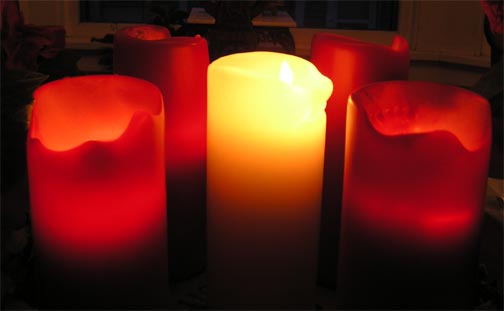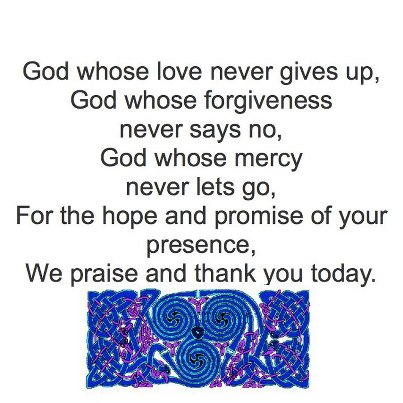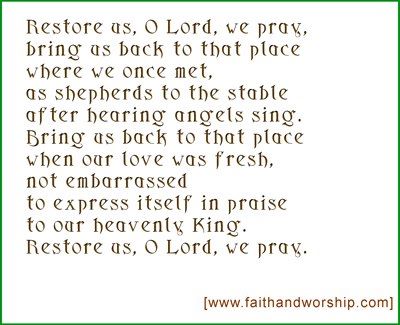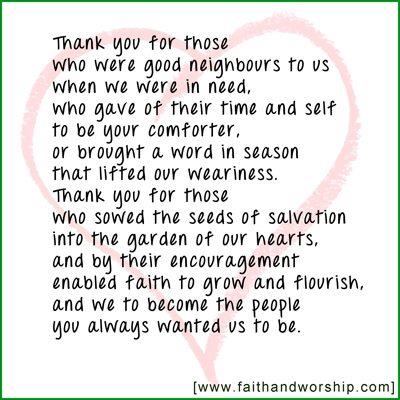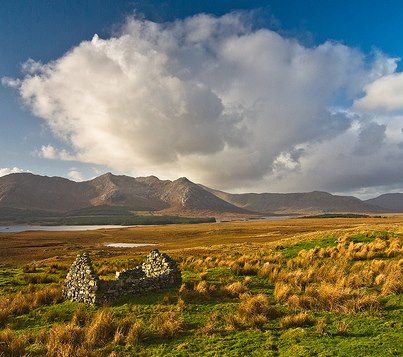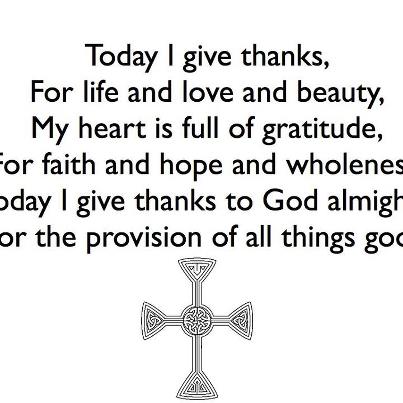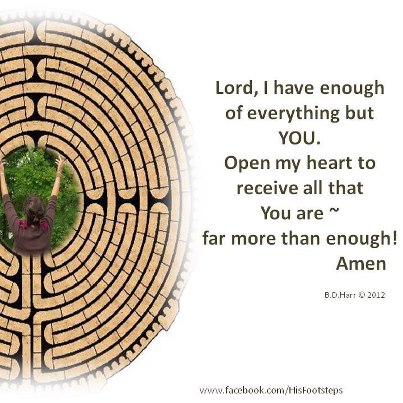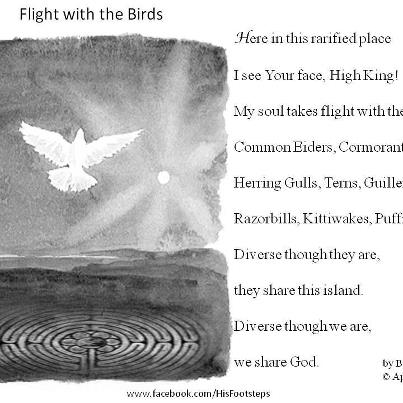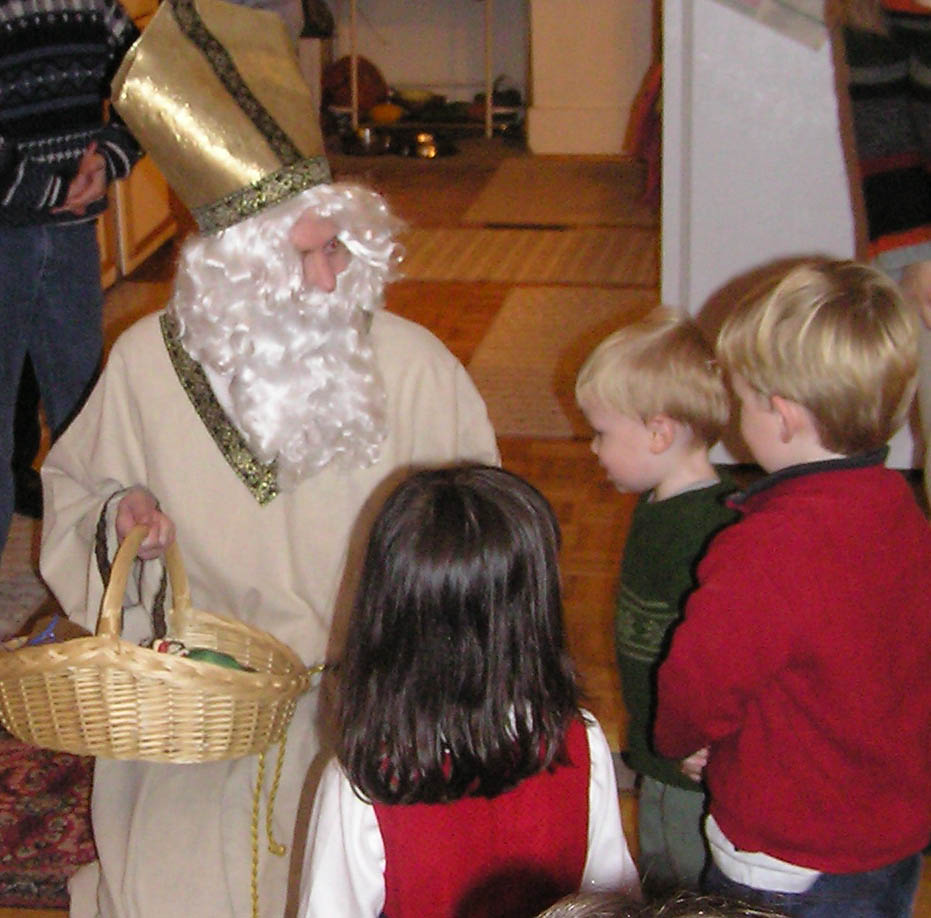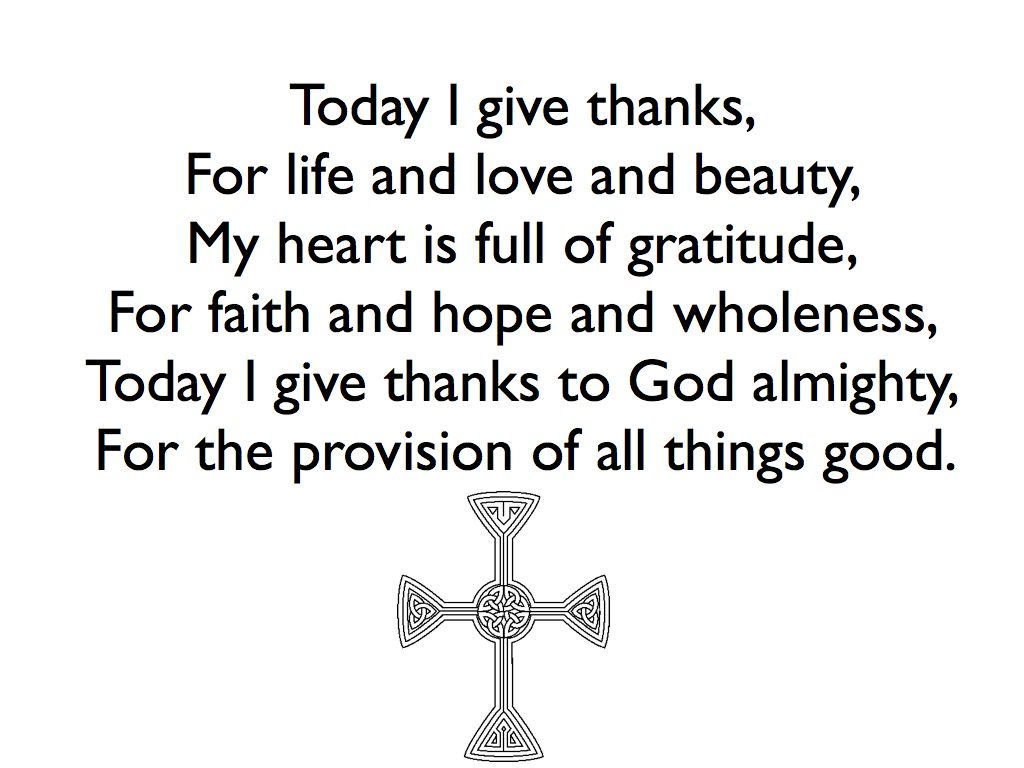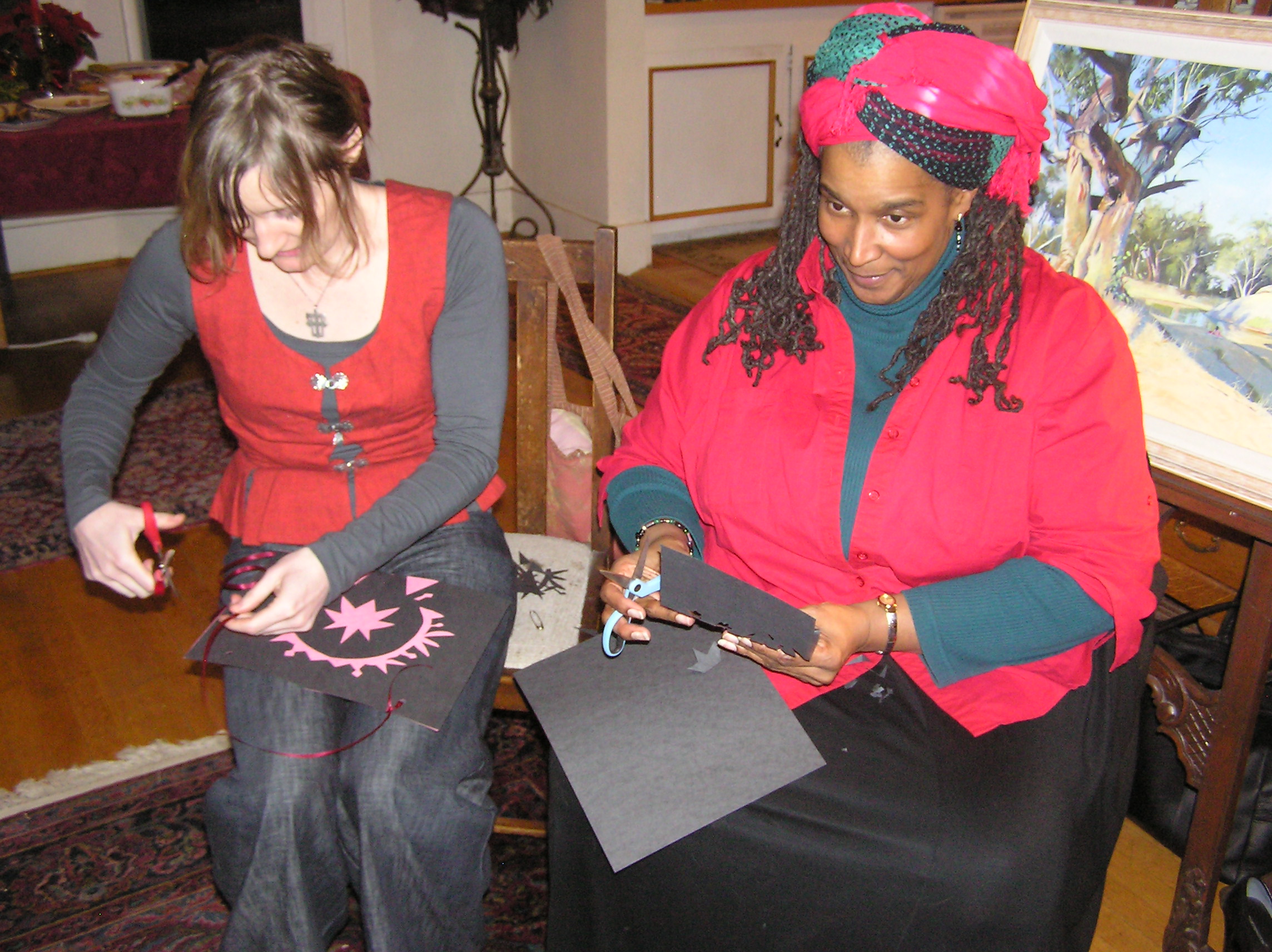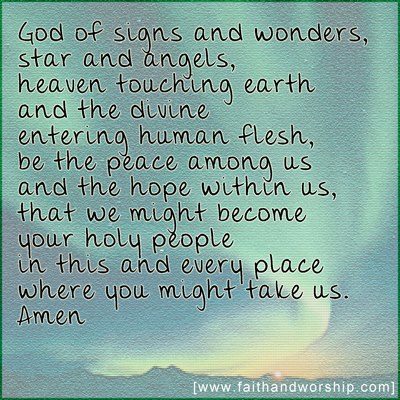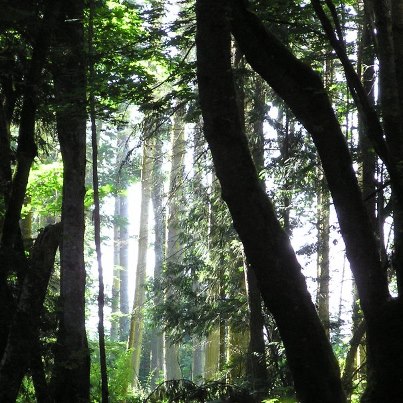There are an incredible number of Advent books out there each year, so I thought that I would get a sense of what some of my friends are listening to so a couple of days ago I asked my Facebook friends what they recommend reading or listening to during Advent. Here are some suggestions that you might like to check out. Some of these are totally new to me and will make great resources for my own Christmas reading and listening. Enjoy!
Several people suggested the gospel stories particularly the book of Luke. I agree I try to read through these each Advent season. It beautifully anchors me in the biblical story.
Leonard Sweet and Don Pape like Touching Wonder: Recapturing the Awe of Christmas – John Blase
Cindy Fortune Spenser recommends The Christmas Mystery by Jostein Gaarder
Sonja Naylor Andrews suggests “How the Grinch Stole Christmas,” by Dr. Suess
Joy Larsen likes Lion and the Lamb by Brennan Manning.
Kevin Palau suggest Martin Luther’s Christmas Book compiled by Roland Bainton
Kurt Neilson suggests Bernard of Clairvaux’s homilies on the Song of Songs. – they can be downloaded from this site or purchased from Amazon.
Tamara West recommends Gertrud Mueller Nelson, in both To Dance With God ( family and parish observance of the church year) and Here All Dwell Free ( a Jungian-feminist analysis of classic fairy tales). You can also see a great recording with Gertrud on YouTube
My friend Paul Samuels has written a delightful children’s book Where is Christmas?
Jill Aylard Young is enjoying “Simply Wait, Cultivating Stillness in the Season of Advent” by Pamela Hawkins.
Chris Terry Nelson suggests Insurrection by Peter Rollins
Catherine Windsor recommends The Mitten by Jan Brett
David Bayne suggests “Monastery Journey to Christmas” by D’Avila-Latourrette and “Silence and Other Surprising Invitations of Advent” by Enuma Okoro
Jane Bishop Halteman likes anything by Jan Richardson (Night Visions) or Ann Weems (Journey to Bethlehem) This last link is to a pdf download.
Last but not least don’t forget to check out the MSA Advent resources Waiting for the Light and Return to Our Senses currently available as a preAdvent special.
For music most people suggested popular carols like O Come O Come Emmanuel and Silent Night but here are a couple you may not have come across.
Downe In Yon Forrest a collection of Christmas Carols from the Middle Ages recommended by Carolyn Frye
Ancient Path Christmas is one I was given last year and really enjoyed.
Kitt M KaagapayMo wrote this original filipino rendition that is worth listening to.
‘Tis the Season for special buys – or so goes the marketing madness of our day. MSA books and resources directly help support staff and the development of more resources. We don’t make a big deal about marketing because we want to maintain a bit of a counter-cultural environment. From time to time, however, we do want to make available special deals you will enjoy, like these resources for the Advent season.
- Special #1
Get Christine’s newest book, Return to our Senses: Reimagining How We Pray, along with favorites, Waiting For the Light: An Advent Devotional and Light For the Journey: Morning and Evening Prayers for Living Into God’s World, all for only $30!
- Special #2
Advent reflection video DVD set (2007-2001)plus 2012 – “Alleluia, the Christ Child Comes” only $40!
- Special #3
Download version of the Advent DVD set, including 2012 – “Alleluia, the Christ Child Comes” only $35!
I am a little late in posting this collection of prayers that have been posted on the Facebook page Light for the Journey. Unfortunately as we race towards the beginning of Advent there is so much I want to post that it is hard to do the juggling act. I hope that this does not detract from your enjoyment however.
May we return to the breath and the silence.
To the breath that gives us life,
To the silence where we hear God’s whispers.
May we weep for the brokenness of our souls,
And cry out against our distractedness.
May we return to the eternal God,
Whose love fills every fibre of our being.
(Christine Sine)
————————————————–
This world tempts us
to believe the wisdom that comes
from human minds,
to have faith in no other thing.
But we have glimpsed the Truth
revealed in Scripture’s words,
and we shall worship the Lord our God
and serve him alone!
This world tempts us
to believe we have control
and have no need of the Divine.
But we have felt the touch
of Christ upon our hearts,
and we shall worship the Lord our God
and serve him alone!
(based upon Matthew 4:1-11)
www.faithandworship.com
have mercy on us,
forgive the weakness of our faith.
Jesus, Prince of Peace
have mercy on us,
forgive the anger we have caused.
Jesus, Good Shepherd
have mercy on us
forgive the selfish lives we lead
Jesus, Life and Truth
and restore to us our first love.
May we be filled with the hope and promise of his coming,
And give our lives to follow him.
May we be gripped by his kingdom ways,
And walk with assurance and trust into his grace and peace.
Lord, be the beginning and end of everything we do and say
Prompt our actions with your grace,
and complete them with your all-powerful help. Amen
————————————————————
Let this be our journey and our destination,
Until the peace, and wholeness of your kingdom consume us.
Let it be our longing and our passion,
So that our hearts ache for justice,
And our souls long for righteousness.
Let its peace go before us and behind us,
May we believe that your light already shines in darkness,
May we trust that your resurrection already emerges in brokenness,
Losing our way in darkness.
Where would we be without your peace?
Caught up in this world’s wisdom.
Where would we be without your love?
Looking for your warm embrace.
Where would we be without your word?
Searching this world for freedom.
Where would we be without your power?
Struggling in our weakness.
Lost and in need of your grace.
Advent is almost here. And our theme for daily reflections this year is Let Us Wait As Children Wait. In preparation for that I thought that it would be good to update my Advent resource list for Celebrating Advent With Kids which is one of the all time favourite posts on this blog.
A couple of days ago I added this post: 10 Ways to Help Kids Give Back At Christmas but realize that there are a lot of other ways to help prepare children for the celebration of Christ’s birth.
1. Make an Advent wreath with your kids. This is a fun activity that prepares your child for this important season in the Christian calendar.
2. Start a new Advent tradition that revolves around the lighting of the Advent candles. Use your Advent wreath as a centerpiece . Every night at dinner, let one of your children light the candle and say an advent prayer or sing a song. I love these Advent candle light readings from World Vision Canada. As you become more comfortable with this tradition you may also like to tell stories from past Advent celebrations or about the story of Christ and what he means to you and your family.
3. Make or buy an Advent calendar. I love the suggestion from the post Celebrating Advent with Children to make an Advent calendar with matchboxes and placing slips of paper in each one with different activities to do each day. For example, one day you might read a particular book or Bible passage, make Christmas cookies for a lonely neighbor, or sing Christmas carols together. The combination of inward reflection and outward caring is wonderful. There are some other great suggestions in this post Celebrating Advent with Children too so check it out.
Countdown Christmas Traditions also has a fun kid friendly Advent calendar. As you click on each day of Advent you read about traditions in different countries of the world.
CAFOD: Just One world has some great Advent liturgies available as well as a downloadable Advent calendar for kids.
4. Set up a nativity set. There are several ways that this can focus your child on the real meaning of Christmas. Set it up with the manger empty and the wise men at the other end of the room or house. Throughout the Advent and Christmas season the wise men move closer to the manager and of course on Christmas morning the Christ child appears in the manger.
5. The nativity set is a great way to focus your children on gifts for Jesus too. You might like to consider some of the suggestions in my post from a couple of days ago 10 Ways to Help Kids Give Back At Christmas. Or you might like to consider this idea. On the first Sunday of Advent, each child in the family receives an empty manger. An oatmeal box covered with bright paper will do as well. At bedtime, the children draw straws for each kind deed performed in honor of Baby Jesus as his birthday surprise. The straw are placed in the child’s manger or box daily. It is amazing how much love a child can put into Advent when s/he is preparing for his redeemer’s coming in grace. On Christmas, each child finds an infant in his manger, placed on a small table or a chair beside his or her bed. Usually it is a tiny doll, beautifully dressed. This custom fills the child with a longing in Advent, and provides an image of the redeemer as the first happy glance in the morning and the last impression at night during the entire Christmas season.
6. Explore Christmas traditions from around the world with your kids and discuss the possibility of adapting some of these as part of your own celebration during the Advent and Christmas season. Christmas Around the World has a wonderful description of traditions from a variety of countries that you might like to discuss. The Worldwide Gourmet has a wonderful array of recipes associated with the Advent and Christmas season in many different parts of the world. Just reading through some of these had my mouth watering.
7. Memories for the New Year – Reflect on the previous year and capture children’s memories that can become part of your family and church story. Capture these on camera, draw pictures, write songs or have older children journal. I love this idea from the United Methodist Communications. You might also like to check out some of the resources they suggest. (I have not had time to do this yet.)
- Christmas Gifts That Won’t Break: An Advent Study for Children
- A Different Kind of Christmas: Living and Giving Like Jesus (children’s study)
- Pockets, devotional magazine for children
- Celebrating Advent in the Home
- Children’s Activities for the Christian Year
More resources for celebrating as a family here.
8. Separate Gift Giving From Christmas Day. When I was on the mercy ship Anastasis, we always celebrated St Nicholas day. I think that this is a wonderful tradition that can separate the celebration of Christ’s birth from the giving of gifts. Our friends Ricci and Eliacin celebrate another tradition where the giving of gifts is associated with the coming of the wise men on the Eve of Epiphany.
There are obviously many other ways to celebrate Advent with kids – we are only limited by our imaginations and by the imaginations of our children who are likely to come up with far better ideas than we ever could. So if you have creative ways of celebrating during this season I would love to hear from you.
9. Check out other resources from Advent conspiracy.
Tomorrow is American Thanksgiving, a tradition that I have embraced with great enthusiasm since I have lived in the U.S. I have already posted a Thanksgiving – Harvest prayer for 2012 and decided there is really no need for another. Yesterday when I posted the above prayer on Light for the Journey’s Facebook page, one of my friends responded:
I want to be able to feel warmed by those words.I want to find faith and hope – right now I can’t! They don’t fit some of us in the UK- for today is really tough and full of pain for those of us who are female priests in the Church of England, and are facing yesterday’s grim decision that our gender still cannot be Bishops. I was in the first wave of women to be ordained as a priests over here.
It made me realize that even in our thanks and gratitude we live in the tension of God’s kingdom now and not yet. The glimpses of God’s kingdom that fill us with awe and wonder, that bring us to our knees with shouts of praise and gratitude are unfortunately just that, glimpses of a world that we desperately long for but do not yet see fully realized. The pain of my sisters in the U.K. who are so devastated by the General Synod no vote to women bishops is my pain. Oppression in Syria, Israel, Columbia, and North Korea oppresses my soul. The environmental degradation that devastates rainforests in Brazil, contributes to the destruction of hurricane Sandy, and wipes out species in Africa, these degrade my spirit.
Our celebrations at thanksgiving. Our gratitude and praise to God for the many blessings we see in our lives should not blind us to the suffering of others. In fact it should inspire us with the desire to see others rejoice and celebrate in the same ways that we can.
So my question for all of us at this season is What are we doing to bring thanksgiving and gratitude into the lives of those who are suffering, oppressed or marginalized?
For more Thanksgiving prayers check out these from the last few years:
A Thanksgiving Prayer for 2011
A Thanksgiving Prayer for 2010
A Thanksgiving Prayer for 2009
Advent and the Christmas season are racing towards us at warp speed and the hyper-consumerism that has already invaded our favourite stores is incredible. How do we refrain from responding with a frenzy of buying and more importantly, how do we stop our kids from being drawn into the “got to have this, and this and this” mentality? One possibility is helping kids to enjoy the blessing of giving rather than receiving. The list below is adapted from one that I found in Parent Map
1.Support Kids of the World: Helping your children understand that other kids don’t have the privileges they do and need their help can be an enjoyable experience. I love what VIVA, a UK based organization does in sponsoring Christmas parties in poor communities around the world. They are engaged in many ways to help keep children at risk safe and healthy. I have used their child friendly educational prayer resources for years. You may also like to consider organizations like Save the Children and Feed The Children.
2. Buy a livelihood for families. Gifts that provide a livelihood for those who struggle with hunger and poverty can be particularly meaningful as they empower children and make them realize we can all make a difference in this world. World Concern; and Heifer Project are just a couple of the organizations that now provide opportunities for the giving of livestock – from chickens to cattle but as I mentioned in a previous post on Advent resources for Kids, this can sometimes be a little confusing as the chair of our Board found out when he tried to give 1/2 a goat to his parents for Christmas. His mother asked “What will I do with 1/2 a goat?” Tearfund UK has a program where you buy a gift voucher and then the recipient decides what they will give. This might be more fun for some kids.
3. Donate a Bedtime story. This was a new one for me. Many families have few or no age-appropriate books in their home and kids miss out on the important literacy building ritual of bedtime stories. First Book is a non profit that works to distribute new books to low income families in schools in the U.S. and Canada.
4. Hold a Make Something Party. Some years ago Adbusters started a Buy Nothing Day campaign to counteract the Black Friday shopping frenzy of North American Culture. I prefer the Make Something Day idea which places a far more positive spin on the idea. You may in fact like to organize a party where your kids can help make gifts for underprivileged kids in your communities. There is something very special about a gift that has been handcrafted. I can guarantee that the recipient will hold onto it for years to come.
5. Make a Loan, help a family. This is a great suggestion for older kids that you not only want to encourage to give but who you also want to learn about investing and financial responsibility. KIVA and Hope International are two of the many Christian organization that facilitate micro-lending.
6. Shed a Light on a Brighter Future. One Million LIghts is a non profit that aims to provide sustainable, usable lights to homes without electricity in developing countries through a buy one give one model. Buy solar-charged lanterns and you keep one and a family in need gets the other – a brilliant (pardon the pun) idea.
7. Give Hope for Tomorrow: Plant a Tree, Buy a Stove. In Plant with A Purpose’ alternative gift catalogue, a tree only costs $1 and a fule efficient stove is $30. I think that this type of gift can be a wonderful educational tool to help children understand the consequences of environmental degradation. Again the fact that we can actually do something to change the situation can be very empowering for young people.
8. Invite International Students Over for Christmas. There are lots of students from around the world that do not have anywhere to go for Christmas. Consider inviting them over on either Christmas eve or Christmas day. Contact your local college or university to find out how to extend this invitation. We have done this for the last couple of years. It has become a real highlight of the Christmas season for us. In conjunction you may like to get your kids to read up on Christmas traditions from around the world. Christmas Around the World has a wonderful description of traditions from a variety of countries that you might like to discuss. The Worldwide Gourmet has a wonderful array of recipes associated with the Advent and Christmas season in many different parts of the world. Just reading through some of these had my mouth watering.
9. Go Fairtrade with all your purchases. There are a growing number of organizations that provide fair traded gift items. Ten Thousand Villages is one one that we have frequented for years. Another possibility is One World Futbol’s smart soccer ball requires no pumping and never goes flat. Each time you purchase one another is donated to a community in need. Or for those that live in the Seattle area take you kids on a tour of Theos Chocolates and end by purchasing gifts for all the family.
10. Protect the World’s Animals. There are many creative ways to help protect the world’s animals. You might like to adopt an animal at your local zoo or contribute to an animal shelter or participate in one of the World Wild Life’s projects. One of my standard Christmas gifts is National Wildlife Federation’s monthly magazines – Ranger Rick and Ranger Rick Jr. It is an award winning educational magazine that provides entertainment and instruction throughout the year.
I have probably said enough but if you want to check out some other ideas:
Momastery – Mastering the Mom has a great suggestion.
And you might also like to check out my post from a couple of years ago
More resources to come – this is obviously a huge area of interest.
I love this weekly summing up of prayers that have been posted on the Facebook page Light for the Journey. Enjoy.
Watch O Lord with those who wake, or watch, or weep tonight, and give Your Angels and Saints charge over those who sleep. Tend Your sick ones, dear Lord, rest Your weary ones, bless Your dying ones, soothe Your suffering ones, pity Your afflicted ones, shield Your joyous ones, and all for Your Love’s sake.” St Augustine
contributed by Contemplative Network.
—————————
Let me rest in the place of stillness,
Where God fills my body
With the peace that is beyond understanding.
Let me rest in the place of quiet,
Where God fills my spirit
With the peace that is beyond understanding.
Let me rest in the place of trust,
Where God fills my heart
With the peace that is beyond understand.
Let me rest in the presence of God,
Where all that I am and all that I do
Is filled with the peace that is beyond understanding.
——————————————————
Lord, you have always given bread for the coming day,
and though I am poor, today I believe.
Lord, you have always given strength for the coming day,
and though I am weak, today I believe.
Lord, you have always given peace for the coming day,
and though of anxious heart, today I believe.
Lord, you have always kept me safe in trials,
and now, tried as I am, today I believe.
Lord, you have always marked the road for the coming day,
and though it may be hidden, today I believe.
Lord, you have always lightened this darkness of mine,
and though the night is here, today I believe.
Lord, you have always spoken when time was ripe,
and though you be silent now, today I believe.
This beautiful Celtic prayer that was sent to me yesterday by my good friend Tom Balke
————————————————-
God in the place of stillness,
May I release all I think I know of you
To rest in the source of all truth.
May I open my heart,
To what my mind cannot understand,
And thoughts cannot comprehend.
May I let go my images of you, O Lord
So that I can behold
The unimaginable expansiveness of who you are.
Lamb of God
who takes away the sin of the world
grant us forgiveness
for that which we have done, and not done.
Lamb of God
who takes away the sin of the world
grant us peace
through your Spirit’s presence in our hearts.
Lamb of God
who takes away the sin of the world
grant us joy
in our journeying with you, our King.
————————————-
Let the light of Christ shine on you,
Let the light of Christ shine in you,
Let the light of Christ shine through you,
This day and forevermore.
As an Amazon Associate, I receive a small amount for purchases made through appropriate links.
Thank you for supporting Godspace in this way.
When referencing or quoting Godspace Light, please be sure to include the Author (Christine Sine unless otherwise noted), the Title of the article or resource, the Source link where appropriate, and ©Godspacelight.com. Thank you!

